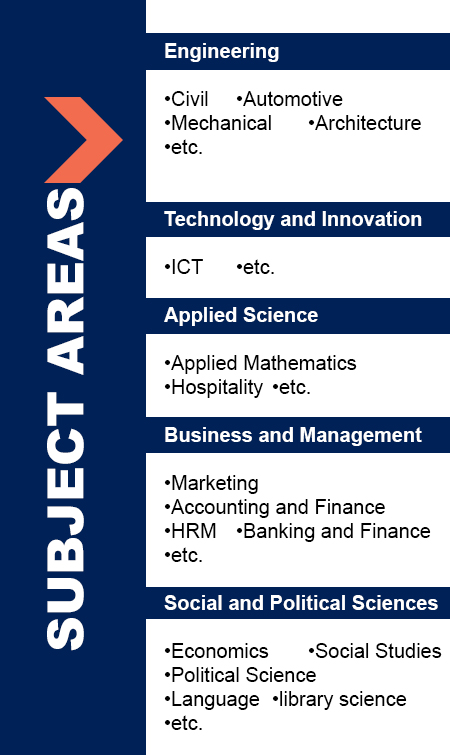Relationship between Psychological Contract and Job Satisfaction of Staff of Accra Technical University
DOI:
https://doi.org/10.47127/ijtmr.v3i1.70Abstract
The study investigated the relationship between psychological contract and job satisfaction of staff of Accra Technical University. A descriptive survey design was used with the target population being both teaching and non-teaching staff of Accra Technical University. Purposive sampling technique was used to sample a total of 300 respondents . A total of 270 responded to the questionnaires out of a target sample of 300 staff. The study revealed that, there was a relationship between perceived psychological contract and job satisfaction. Using linear regression analysis, the study showed that an increase in the overall fulfillment of obligations and promises (psychological contract) by both Teaching and Non-teaching staff would directly cause an increase in job satisfaction. Another key finding of the study was that, in general the staff perceived they fulfilled their promises and obligations to a greater extent to the university, while the university fulfilled its promises and obligations to a lesser extent, which meant there was inverse relation between what the staff offered to the university and what the university offered and this caused a breach of psychological contract which in turn bred job dissatisfaction. This study then recommends that management revised its recruitment policy and emphasize on flexibility in terms of career development opportunities and endeavor to fulfill their promises and obligations (psychological contract).








